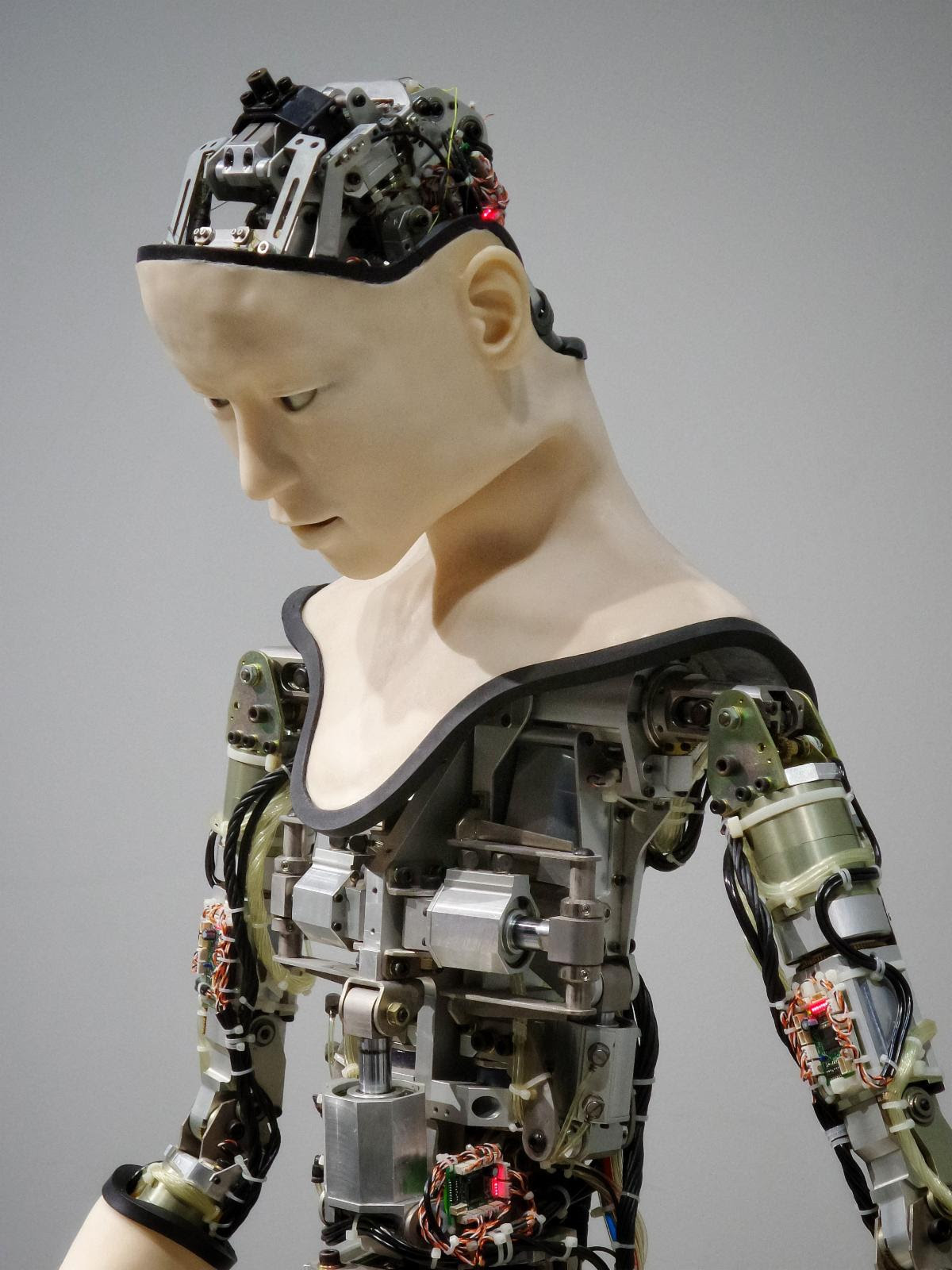The US Copyright Office recently published guidance describing when the copyright in works created using artificial intelligence (AI) can be registered.
It has long been held that copyright protects only works created by humans. The new guidance clarifies that, while this remains true, in some instances, the copyright in works created using the assistance of AI can be registered.
In reviewing an application seeking the registration of a work created with the help of AI, the Copyright Office will ask whether the work “is basically one of human authorship,” with the AI merely serving as “an assisting instrument,” or whether “the traditional elements of authorship in the work” were “conceived and executed by” the AI.
For example, according to the guidance, if the AI produces a complex work based on a mere prompt from the human, the technology, not the human, is creating the work, so that work is not copyrightable. The guidance compares this to someone hiring an artist to create a commissioned work.
On the other hand, a work may include expressive material from both a human and an AI. For instance, a human might “arrange AI-generated material in a sufficiently creative way” or modify a work originally created by an AI “to such a degree” that the work is protected by copyright.
In this situation, the material created by the AI is still not copyrightable, but the human-authored aspects of the work will be protected.
You might think of this as similar to a situation in which someone revises an ancient Greek play to be set in 2020. The modern-day author would have no rights in the original play but would have a copyright in the new, modified version.
Just as in other situations where the applicant has not created the entire work, an applicant attempting to register the copyright in works created with the assistance of AI must say so in the application, describing the applicant’s own contributions.
If the AI’s contribution is more than “de minimus” (extremely minimal), the AI material should be explicitly excluded from the application.
Neither the AI itself nor the company that provides the AI should be listed as an author or co-author on the application.
If you’ve previously submitted applications for works that contain AI-generated materials, you should check to make sure you adequately disclosed those materials. If not, you must correct the application or registration or risk losing the benefits of the registration.
Please feel free to contact us if you have any questions about protecting your rights in materials you create using AI or about any other aspect of copyright law.
Photo by Possessed Photography on Unsplash






